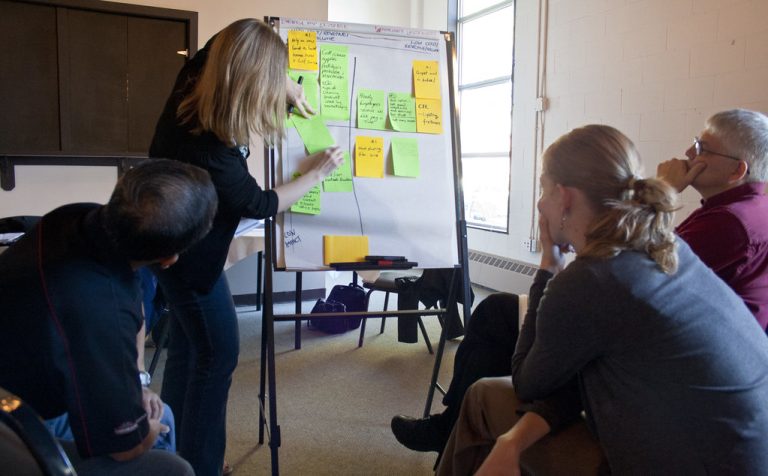Green Economy as a Pathway For Sustainable Development in Africa

Africa, with its rich natural resources and burgeoning population, is uniquely positioned to be a leader in the global green economy.
This economic paradigm emphasizes sustainable development without degrading the environment, focusing on sectors that promote low carbon emissions, resource efficiency, and social inclusivity. The continent’s transition to a green economy presents an opportunity to tackle pressing challenges such as climate change, energy access, and poverty while fostering economic growth. This article explores the potential, strategies, and examples of how Africa can embrace a green economy for sustainable development.
Potentials of Green Economy
The green economy offers Africa a chance to leapfrog traditional, carbon-intensive models of economic growth. With vast solar, wind, and hydro resources, Africa can lead in renewable energy. Its abundant arable land supports sustainable agriculture and forestry initiatives, while its rich biodiversity can boost eco-tourism. Moreover, the green economy can create jobs, improve energy security, and enhance resilience to climate impacts.
Key Sectors for Green Growth
- Renewable Energy: Africa’s renewable energy sector has enormous potential. Harnessing solar, wind, hydro, and geothermal resources can provide clean, reliable, and affordable energy, driving economic growth and electrification, especially in rural areas.
- Sustainable Agriculture: Implementing sustainable farming practices can increase productivity, enhance food security, and reduce environmental impacts. Agroforestry, organic farming, and conservation agriculture are examples of practices that can regenerate ecosystems and support livelihoods.
- Green Manufacturing: Transitioning to green manufacturing involves adopting energy-efficient technologies, reducing waste, and utilizing sustainable materials. This sector can significantly lower greenhouse gas emissions and pollution while promoting industrial development.
- Eco-tourism: Africa’s stunning landscapes and wildlife offer vast opportunities for eco-tourism, which can generate revenue while conserving natural habitats and supporting local communities.
- Sustainable Urban Development: As urbanization accelerates, sustainable city planning becomes crucial. Green building, efficient public transport, and waste recycling can make African cities more livable and resilient.
How to Embrace the Green Economy
- Policy and Regulatory Frameworks: Effective policies and regulations are crucial for guiding the transition to a green economy. These may include incentives for renewable energy investments, sustainable land management laws, and standards for green products and services.
- Investment and Financing: Mobilizing finance is critical. This includes attracting foreign direct investment, public-private partnerships, and innovative financing mechanisms like green bonds to fund green initiatives.
- Capacity Building and Skills Development: Developing human capital through education and training in green skills is essential to support the emerging sectors of the green economy.
- Technology and Innovation: Embracing new technologies and encouraging innovation can accelerate the adoption of green solutions. Digital technologies like blockchain and IoT can enhance resource efficiency and sustainability across sectors.
- Regional Cooperation and Partnerships: Collaboration between African nations and with international partners can share best practices, leverage resources, and scale successful models of green development.
Transitioning to a green economy involves challenges such as initial investment costs, changing existing infrastructure, and aligning diverse stakeholder interests. Addressing these requires integrated approaches, long-term planning, and inclusive policies that consider socio-economic impacts.
Here are some examples of Green Economy Initiatives in Africa are:
- Kenya’s Green Energy Revolution: Kenya is a leader in geothermal energy, with significant investments expanding its capacity. The country’s commitment to renewable energy reduces dependence on fossil fuels and stimulates rural electrification.
- Rwanda’s Green City Pilot: This initiative aims to create sustainable urban living spaces, featuring green buildings, renewable energy, and efficient waste management, setting a precedent for urban development in Africa.
- Seychelles’ Blue Economy: Recognizing the importance of its marine resources, Seychelles is investing in sustainable fisheries, marine conservation, and eco-tourism, contributing to economic growth and environmental protection.
To conclude this article, Africa’s journey toward a green economy is both a necessity and an opportunity. By leveraging its natural resources, youthful population, and innovative spirit, Africa can lead in sustainable development, ensuring a prosperous future that balances economic growth with environmental stewardship. The green economy offers a pathway to resilient, inclusive, and sustainable development, but achieving this vision requires concerted efforts, strategic investments, and strong leadership across the continent.







